India at 75 is not what it was during the Cold War, striving to preserve autonomy of national action between two hostile politico-military blocs. Those blocs are gone.
At the World Economic Forum in Davos recently, captains of industry and helmspersons of major economies were seeking silver linings in the overcast global economic scenario. But the dominant message from political leaders was that it is geopolitics that will shape the future course of globalisation.
About a week ago, 125 countries—representing three-fourths of humanity, but a much smaller proportion of global GDP—expressed profound concern at the socioeconomic consequences for them of current trends in globalisation, multilateralism and geopolitical contestations.
The virtual summit of the ‘Voice of the Global South’, convened by India, was a unique idea to reach out to a wide cross-section of the developing world and seek inputs for the G20 Summit, which India chairs later this year.
It extends the original logic of the G20—a grouping of 20 major economies which has met at the level of heads of state/government since 2008. The global financial crisis was the catalyst: the G7 (of the large industrialised democracies) acknowledged the role of the larger developing countries in the global economic and financial architecture. The world is more economically fragmented now. The impact of Covid and the knock-on effects of the Ukraine conflict portend large-scale economic stress and environmental disaster.
The overwhelming response of developing countries—the Global South—indicates both widespread despair at the marginalisation of their interests and hope that India could effectively highlight it in the G20.
The participation included 29 countries from Latin America and the Caribbean, 47 from Africa, seven from Europe, 31 from Asia, and 11 from Oceania. India’s invitation covered all political hues and economic systems—Belarus, Cuba, Iran, Myanmar, Syria, Venezuela were all invited, and all attended.
Some analysts inaccurately hailed India’s “newfound” empathy with the Global South as a rediscovery of its non-aligned credentials. India at 75 is not what it was during the Cold War, striving to preserve a relative autonomy of national action between two hostile politico-military blocs. The blocs are gone. Shedding Cold War shackles, India strengthened its economic heft, political profile and security posture. Today, its democracy, economy, geography and demography place it in a unique position in the global discourse. India’s diplomacy has adroitly built on this position to further the country’s socioeconomic and security interests.
There can be no better illustration of this than India’s international interactions over the past year. As Russia’s invasion of Ukraine continued, there was a veritable procession of foreign dignitaries into India, trying to get our leadership to condemn Russia and to join Western sanctions against it. Many democracies in Latin America, Africa and Asia had not done so, for their own reasons, but it was India’s support that was sought as a strategic achievement. India withstood this pressure, and convincingly explained to its many friends the historical, geographical and security considerations that informed its response.
Prime Minister Narendra Modi personally led this response—repeatedly calling for a return to diplomacy and dialogue, telling the Russian president that this is not an era of war, asking both the Russian and Ukrainian leaders to seek a negotiated settlement, publicly calling for an impartial investigation into alleged human rights violations in Ukraine, and telling the German Chancellor at a press availability in Berlin that there can be no winner in the war. The external affairs minister has been frank in declaring that India will not undermine the welfare of its people by making sacrifices that are prejudicial to its economic and strategic interests.
Balancing contradictory regional and global interests is the hallmark of a mature foreign policy. This can be seen in the South Asia policies of major Western countries or the nuances in approach of Asian and European allies of the US towards China. France, a close strategic partner of India, was our second biggest arms supplier in the period 2017–21, but it was also the second largest arms supplier of China over the same period.
This independent approach enabled India to protect the interests of its population, insulating them to the extent possible from the economic shocks that shook much of the developing world. It also helped India to carry conviction with the Global South about its commitment to the pursuit of an equitable global order.
India’s historical connect with the developing world has been sustained over the years through regular political interactions. The Global South initiative has generated ideas for newer areas of cooperation. In particular, India’s digital public goods for universal identification, financial payments, digital health and direct transfers of benefits could be made accessible to the Global South. India’s indigenously developed 5Gi, which will provide affordable 5G broadband connectivity to nearly 95% of India’s villages, would be relevant for countries with similar topography of far-flung rural areas.
The Global South summit called for redesign of institutions of global political and financial governance to remove inequities, enlarge opportunities, support growth, and spread progress and prosperity. Global supply chains need to be diversified and linked to developing countries. Developed countries should honour their obligations on climate finance and technology. External Affairs Minister S Jaishankar called for a “human-centred” globalisation; this would need a major change of mindset.
This is a sampling of the points made. The overwhelming sense of the meetings was that not addressing the developing countries’ deepening concerns risks further fragmentation and overflowing grievances, with repercussions for global peace and security. The unpleasant reality is that, as long as the Ukraine conflict rages on—and there is no respite in sight—it will be an uphill battle to get the North to make meaningful progress on resolving them. It will require sustained heavy lifting from India and other developing countries to get the developed countries of G20 to sign up for (and honour) commitments to alleviate the most pressing ills. From this perspective, it is fortunate that after India, two other developing countries—Brazil and South Africa—will assume the presidency of G20 in succession.

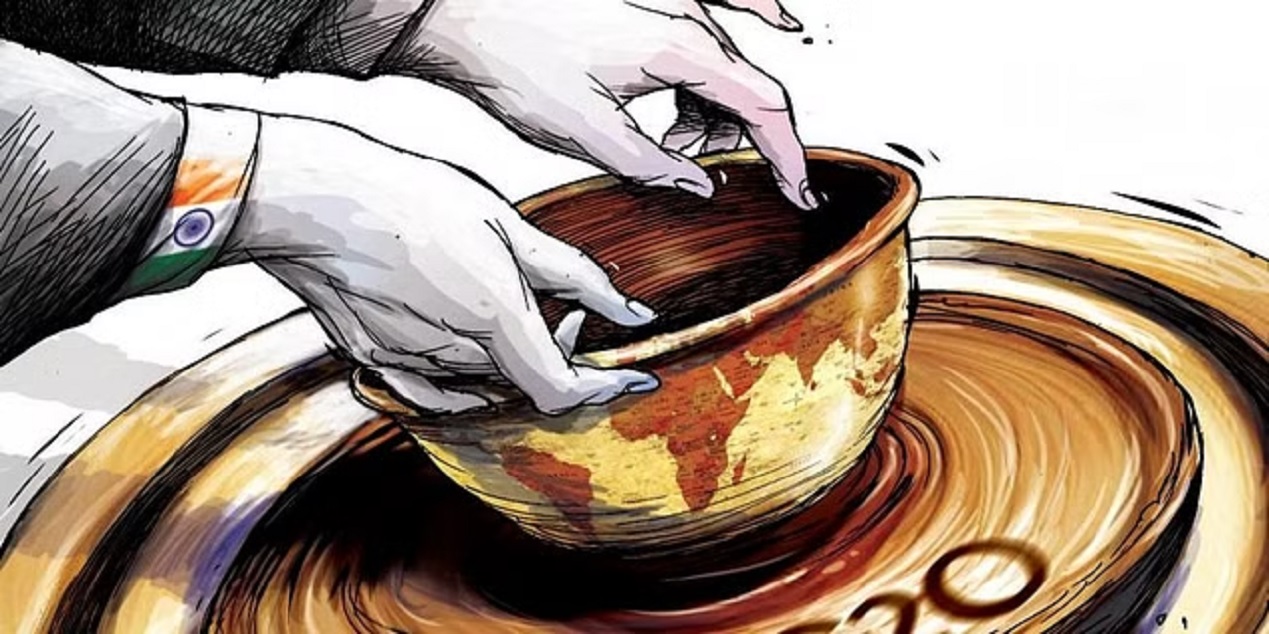
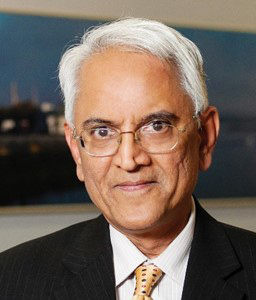
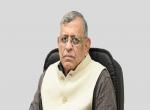


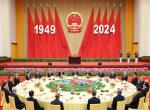


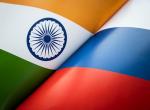
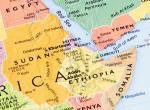
Post new comment